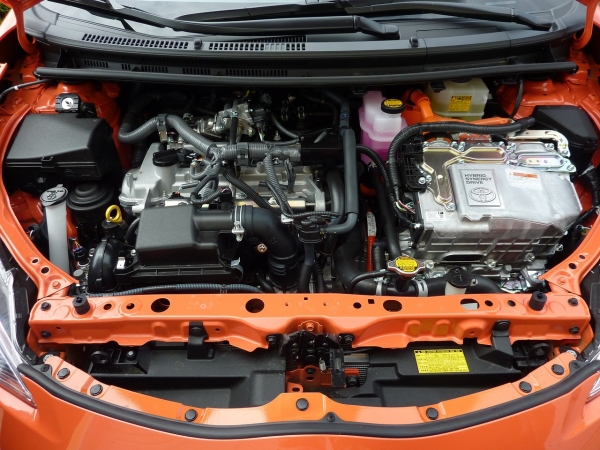The batteries used in our phones, devices and even cars rely on metals like lithium and cobalt, sourced through intensive and invasive mining. As more products begin to depend on battery-based energy storage systems, shifting away from metal-based solutions will be critical to facilitating the green energy transition.
Now, a team at Northwestern University has transformed an organic industrial-scale waste product into an efficient storage agent for sustainable energy solutions that can one day be applied at much larger scales. While many iterations of these batteries, called redox flow batteries, are in production or being researched for grid-scale applications, using a waste molecule — triphenylphosphine oxide (TPPO) — marked a first in the field.
Thousands of tons of the well-known chemical byproduct are produced each year by many organic industrial synthesis processes — including the production of some vitamins, among other things — but it is rendered useless and must be carefully discarded following production.
Read more at: Northwestern University
Photo Credit: Photoman via Pixabay
Health Sci/Tech Top Stories Energy Pollution

